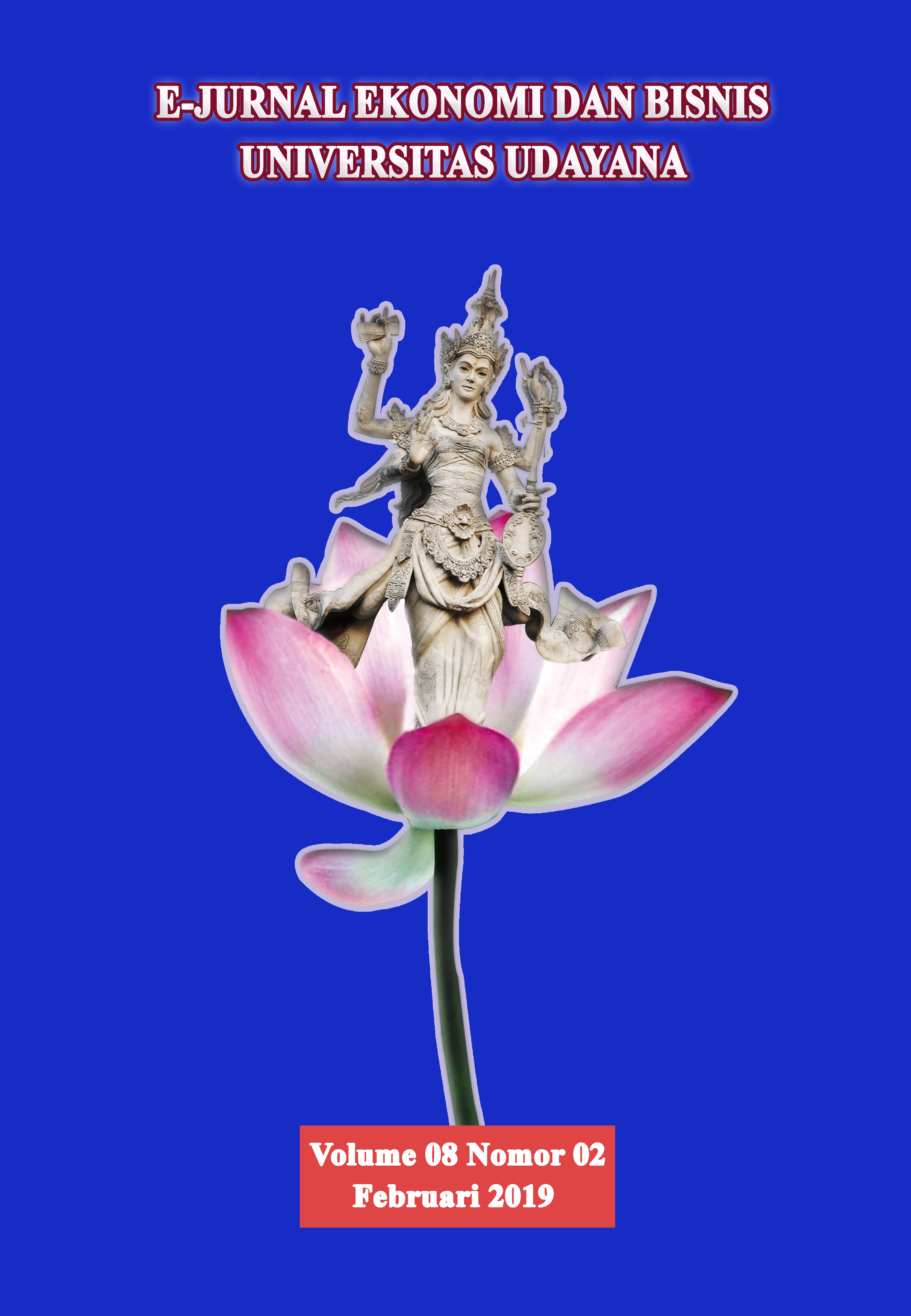Time Discounting dan Time Preference: Suatu Tinjauan Kritis
Abstract
The purpose of this study is to critically highlight normative and descriptive limitations regarding the validity of discounted utility (DU) model assumptions and discuss empirical research on intertemporal choices that present the views of alternative theoretical models that emphasize psychological elements in taking inter-time choice decisions that had previously been ineffective during the existence of the discounted utility (DU) model. The method used in this study is intended to measure time discounting and discount rates. The method of measuring time discounting uses a variety of literature studies that discuss field studies and experimental studies. The results of the study show that in addition to discussing from an economic perspective, discounted utility (DU) and intertemporal choices need to be discussed from deeper psychological considerations, especially regarding neuroeconomics. That is because, that the problem of intertemporal choice produced by multiple systems that contradicts priorities is still a debate in neuroeconomics.


















